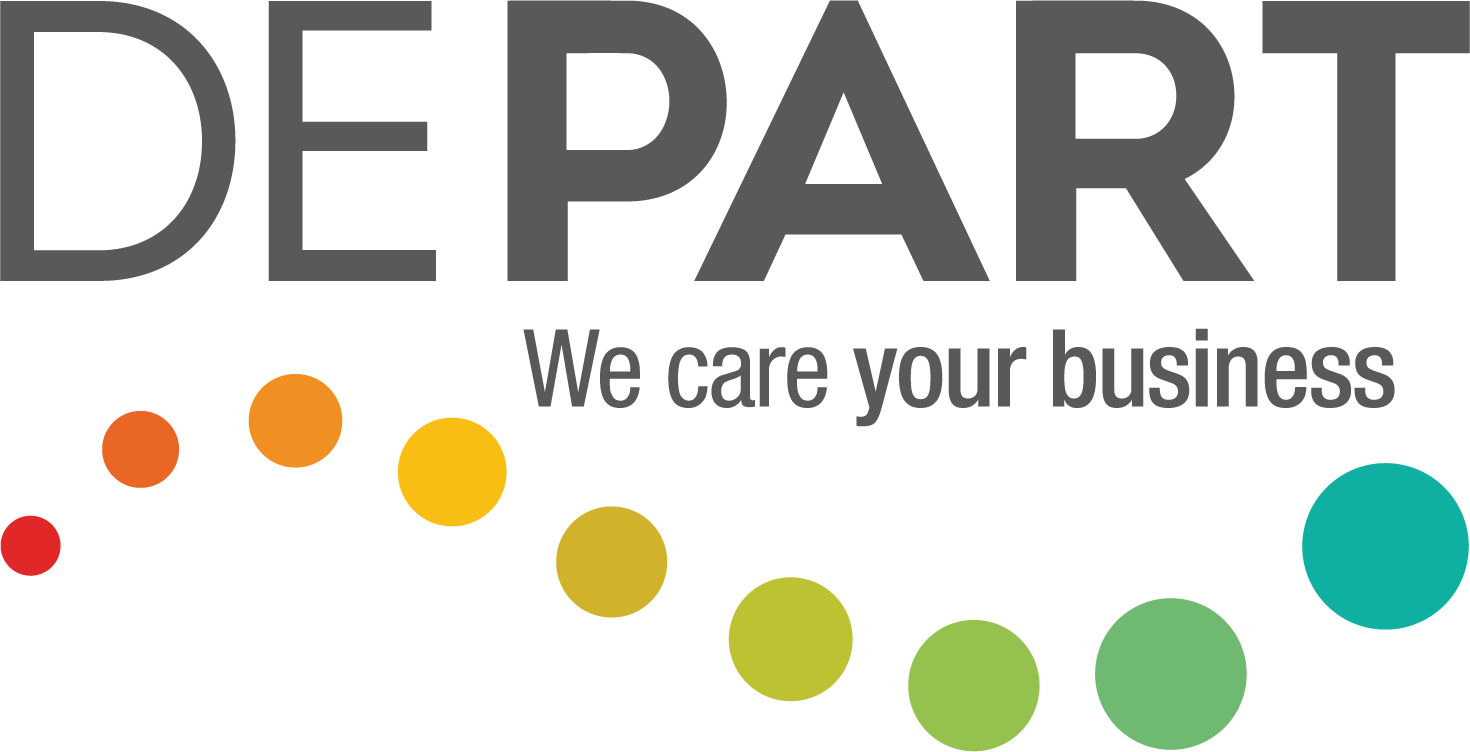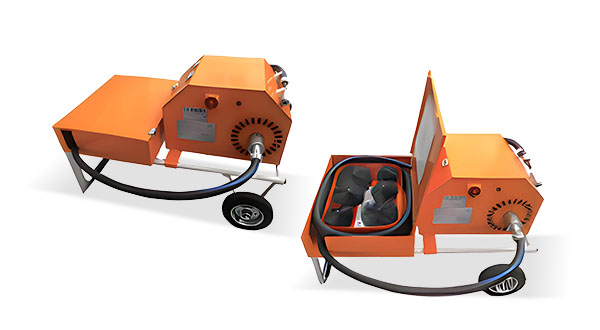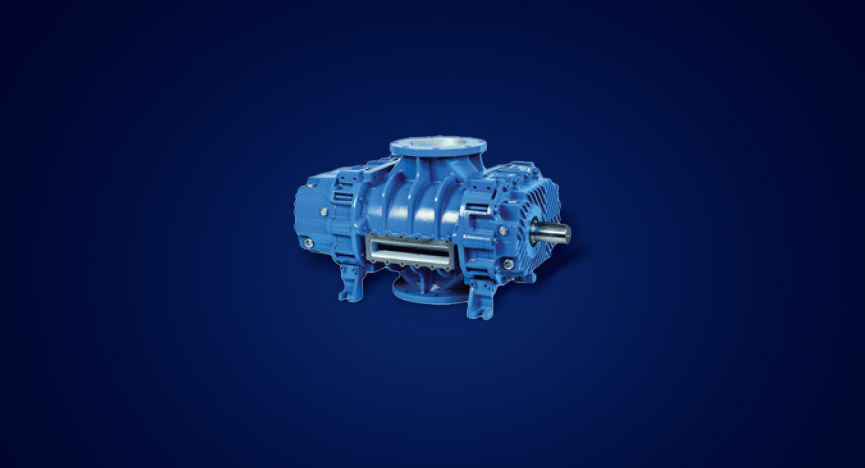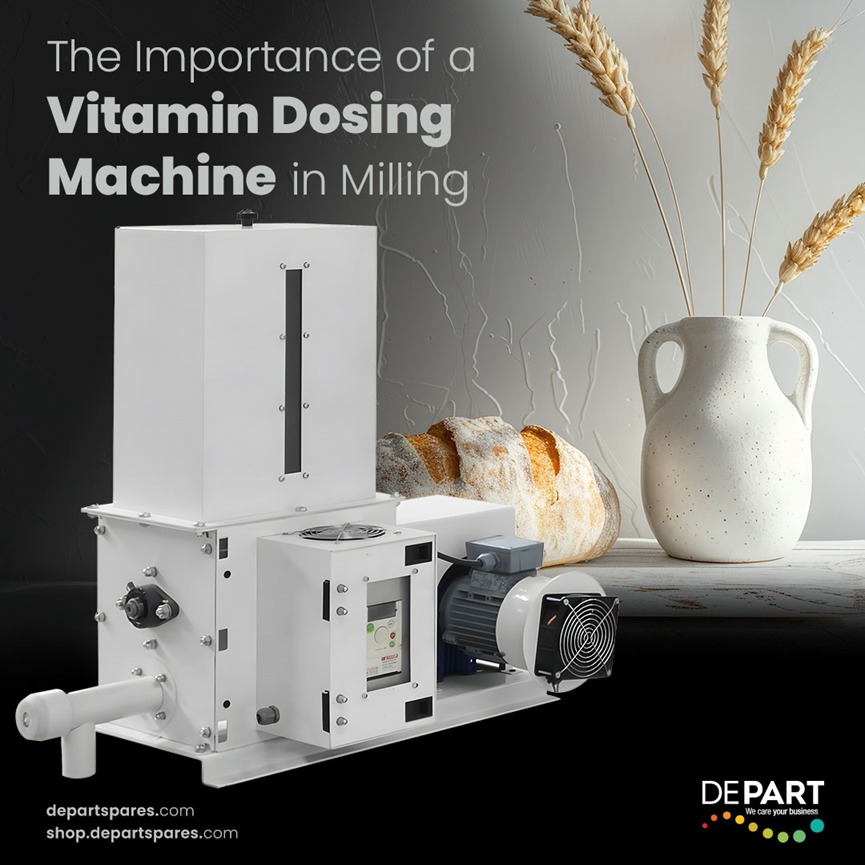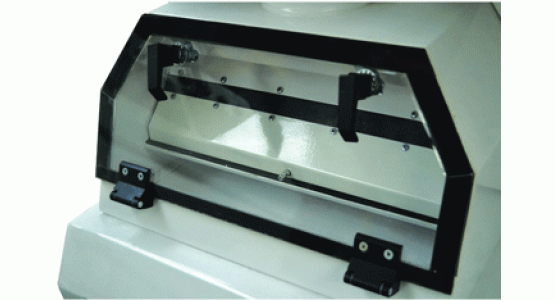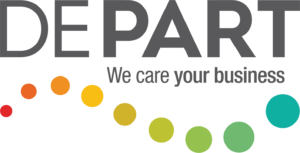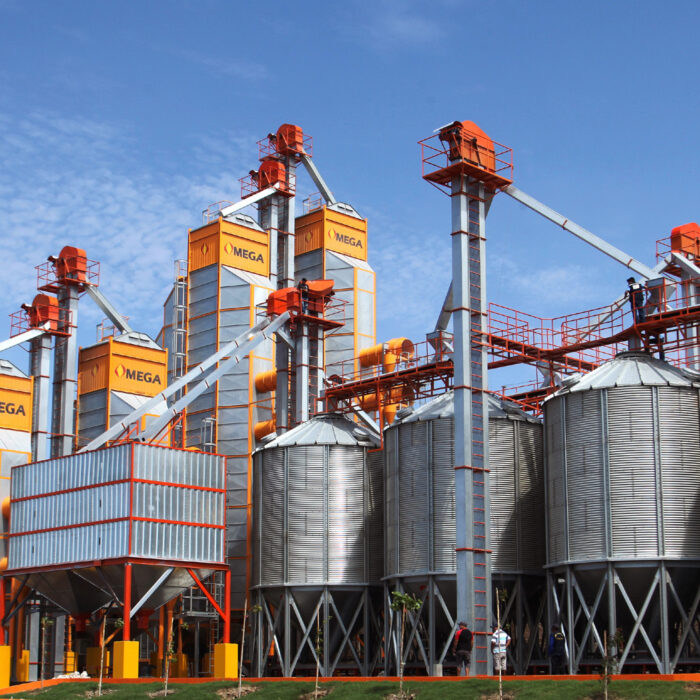
Maintenance is among the keys to sustainability, with types of maintenance divided into three: reactive, preventive, and predictive.
While reactive maintenance is used in resolving issues once they occur, predictive maintenance refers to the maintenance efforts implemented before they do with the help of technology and experience. On the other hand, preventive maintenance includes regular activities implemented as part of a certain plan.
Why and How to Implement Preventive Maintenance
A typical milling plant features such main processing categories as grain storage, cleaning and dampening, grinding, flour/feed storage, packaging, and loading. The processes that are run as part of all these categories require the use of various equipment and machinery. Ensuring that systems run smoothly and preventing potential failures enable significant advantages for costs, business continuity, and product quality. Here, adopting a preventive maintenance strategy plays a key role.
Comprising the three main phases of measurement, analysis, and repair, preventive maintenance first identifies various indications pointing to deterioration, abnormalities, and issues concerning equipment performance. Once the assets that are critical for production and have high repair costs are specified, reference values are determined by making some measurements while the machines work under normal conditions. Depending on these measurements, plants can predict when a piece of certain equipment may break down using certain algorithms and plan their maintenance activities accordingly to prevent it.
Investing in monitoring technologies compatible with existing systems and developing predictive algorithms enables businesses to observe potential changes in their operations and intervene before failures occur. Through analyses, underlying causes of failures can be detected and failure modes can be set. In addition, repair and regular maintenance tasks that are due are performed.
Benefits of Preventive Maintenance
It is possible to ensure that business-critical assets are available whenever they are needed by adopting a maintenance strategy that responds to specific plant needs as it is a commonly acknowledged fact that equipment failures are inevitable. And big problems are often the result of minor problems that were neglected or not noticed promptly. Unplanned downtimes, which are among the major problems that give production plants a hard time, unfortunately, cause substantial losses to companies. The negative impact of downtimes on businesses is not limited to the disruption in production. Other consequences resulting from such events are the workforce allocated to rescheduling, unexpected repair costs, time spent restoring customer satisfaction, and reputational damage.
Plants that adopt a preventive maintenance strategy can ensure optimal use of resources. They plan their maintenance schedules by taking the estimated service life of spare parts into account and thus can avoid unnecessary maintenance efforts and unexpected equipment failures. A successfully implemented preventive maintenance strategy reduces operating costs, minimizes downtime, and improves overall asset performance.
A preventive approach that aims to prolong the lifetimes of business assets, equipment, and infrastructure through planned cleaning, repair, lubrication, adjustment, and replacement increases the availability and operational output of your equipment and machinery. In addition to helping to generate a higher return on investment, preventive maintenance improves reliability and predictability.
The benefits of preventive maintenance can be listed as follows:
- Preventing failures, downtimes, and repair costs,
- Keeping operating costs under control,
- Work environment safety,
- Compliance with standards,
- Food safety,
- Operational excellence,
- Sustainability,
- Business continuity,
- Prolonged equipment service life,
- Resource efficiency.
Additional Points to Consider
- There are some other points to consider as part of a preventive maintenance strategy:
- Spare parts inventory will vary depending on the kind of maintenance activities carried out in specific plants. It is important to keep stock of critical spare parts in plants in case of potential failures. Otherwise, ceasing production operations while waiting for the spare parts to be procured will result in considerable losses.
- Businesses should include not only equipment and machinery but also other elements, such as the building structure and heating, ventilation, and air conditioning systems, in their preventive maintenance plans.
- Effective planning and documentation also play a key role in the success of a preventive maintenance strategy.
- Offering an ideal strategy to maintain assets that are operationally critical, likely to fail with use, subject to legal requirements, and have high financial value, a preventive maintenance strategy may be supported with employee training programs, as well as smart software systems and technologies.
Enable Significant Business Benefits and Enhance the Availability of Your Assets with a Preventive Maintenance Strategy
As Depart, we are a reliable and powerful business partner to effectively respond to requests regarding critical spare parts that play a key operational role in time- and use-based preventive maintenance plans. Regardless of your mill’s location, you can easily meet any spare part needs you may have via our e-commerce platform Depart Shop (shop.departspares.com), available 24/7.
Under our aftersales service brand DESERVE and with our expert engineers, we offer various services, such as check-up and expertise work, annual maintenance services, mill capacity increase, process changes, and technical training, to all our customers in the global market. We aim not only to meet our customers’ spare part needs but also to resolve their technical issues, helping them reduce their operational costs and supporting millers across the globe to run sustainable and smooth production processes. You can contact our representatives to successfully implement your preventive maintenance strategy and add value to your operations with innovative solutions by DESERVE.
